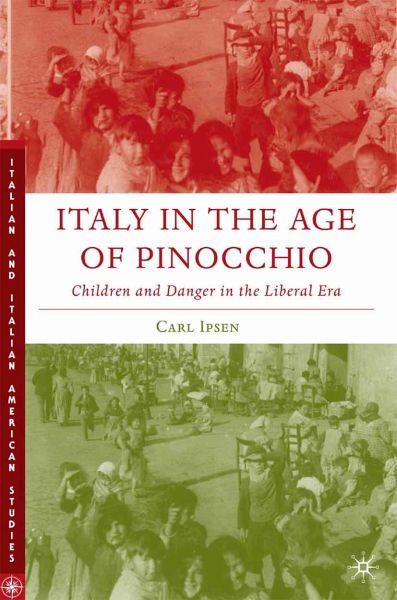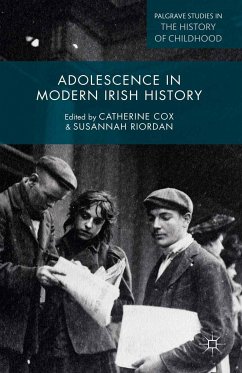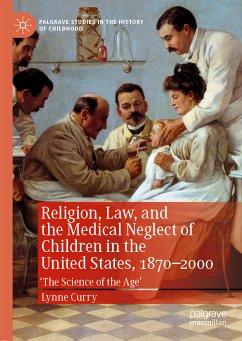
Italy in the Age of Pinocchio (eBook, PDF)
Children and Danger in the Liberal Era
Versandkostenfrei!
Sofort per Download lieferbar
40,95 €
inkl. MwSt.
Weitere Ausgaben:

PAYBACK Punkte
20 °P sammeln!
Detailing the development of a new Western attitude to children and their place in society, this book tells the story of Italy's forgotten children at the end of the nineteenth century - foundlings, street children, factory and mine workers, emigrants and delinquents - and illustrates the efforts of the recently unified Italian state to help them.
Dieser Download kann aus rechtlichen Gründen nur mit Rechnungsadresse in A, B, BG, CY, CZ, D, DK, EW, E, FIN, F, GR, HR, H, IRL, I, LT, L, LR, M, NL, PL, P, R, S, SLO, SK ausgeliefert werden.












